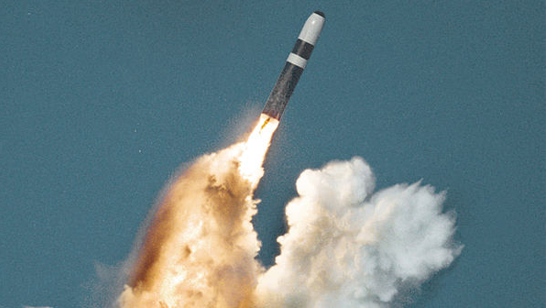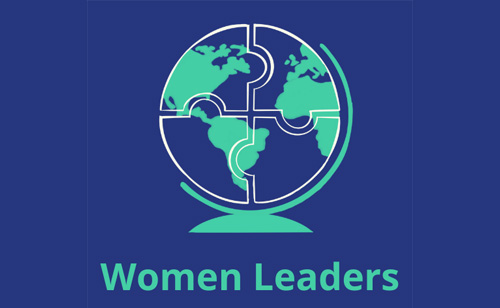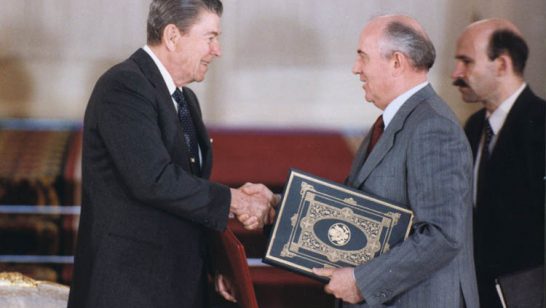
The NPT is one of the most important pillars of world order. We can dismiss the (absurd) proposition that world security would be stabilized when a maximum number of nuclear armed dyads would constitute stable deterrence systems. Rather, the prospect of multiple nuclear arms races, scores of states directing high-alert nuclear forces against each other, and abundant access point to nuclear weapons and fissile materials for terrorists opens the specter of a world well on its way to doomsday. The NPT stands in the way of this fatal path. We should be grateful.
However, the construction of the Treaty is precarious, producing a permanent internal instability in the Treaty community. First, the NPT constitutes unequal duties and rights for nuclear weapon states (NWS) and non-nuclear weapon states (NNWS) and mitigates this unusual discrimination within a treaty community by the prospect of long-term equalization via nuclear disarmament. Second, this discrimination is duplicated by setting NPT NNWS against non-parties armed with nuclear weapons. The NPT mitigates this inequality by the promise of universalisation.
Inequality and discrimination are not popular concepts for international order nowadays. While major powers tend to believe that their status, bearing grave responsibilities, endows them with particular rights and privileges, they are shy to reveal these thoughts in the official meetings of NPT parties, a certain sign that such utterances would be seen by a majority as a blatant violation of norms of appropriateness. We may note that as a sign of progress for international normative structure, but it does not really help with nuclear disarmament as long as a major part of the political elites in the nuclear weapon states believes quietly that they are entitled to keep these weapons forever.
In contrast, the vast majority of non-nuclear weapon states is critical of the slow progress (if at all) of disarmament measures and insists on greater transparency and strict accountability of the nuclear weapon states: Deeper cuts, the inclusion of all nuclear weapons (strategic and non-strategic, deployed and non-deployed) of all nuclear weapon states in the disarmament process, steps towards de-alerting; less emphasis on nuclear weapons in national security doctrines; no-first use policies; unconditional and unambiguous security assurances and a credible commitment to a complete nuclear disarmament beyond superficial and deceptive rhetoric; and the final entering into force of the Comprehensive Test Ban Treaty. On the initiative of Switzerland, a group of like-minded NNWS has picked up where the ICJ left-off in 1996, namely with the delegitimation of nuclear weapons as contrary to humanitarian law because of their indiscriminate, cruel character and their lasting effects, and has created considerable momentum in the international community and civil society, as the Oslo conference in March 2013 indicated.
The 2010 NPT RevCon provided some diplomatic breathing space after the disaster of 2005, which was produced by the arrogant, uncompromising and imperious policy of the Bush Administration. Obama’s commitment to nuclear disarmament has led to some positive if limited steps, notably the NewSTART Treaty and progress in negative security assurances. The initiative, however, is at risk of grinding to a halt under the weighty opposition of nuclear-addicted Republicans in Congress and their subdued but zealous allies in the US nuclear weapons complex, under the stubborn clinging of other nuclear weapon states to their beloved fissionable toys (with Russia and France at the top), and of proliferators like North Korea and Iran. The moderate success of 2010 is no guarantee that we will be equally lucky next time.
This sober assessment is reinforced by a look at the second inequality constituted by the NPT, those without nuclear arms inside and those with them outside. This inequality is exacerbated in that most of the outsiders with nuclear weapons are treated better than NPT parties without them. India obtained terms for civilian nuclear cooperation in the US-Indian agreement almost equal to NWS in the NPT without taking any obligations on the disarmament side. Israel does not even appear on US proliferation charts, while Pakistan, needed as an anti-terror ally, enjoys velvet treatment by the NWS despite being the world champions as active proliferators to third parties in the nuclear era.
Given the particular situation in the Middle East, a group of NPT NNWS, the Arabs, zoom in on the double standards favoring Israel. Their concern was mitigated three times, in 1995 on the occasion of the indefinite extension of the Treaty by the “Middle East Resolution” that obliged the depositaries (US, UK, Russia) to work actively for a Middle East nuclear weapon free zone, in 2000 by the confirmation of this undertaking, and in 2010 when Egypt forced on the reluctant Americans the adoption of concrete steps towards such a zone, including, in particular, a UN Conference on the subject. The failure of the facilitator, Finnish Ambassador Lajaava, despite his best efforts, to bring that conference together, and the announcement, in November 2012, that it would be postponed without a date fixed, will lead to a negative attitude on the Arab side. The new Egyptian government will surely consider it risky to achieve less than its predecessor during the 2015 RevCon. A return to the obstructive conference strategy which Egypt practiced in 2005– is rather likely.
As it stands, the NWS are not ready to undertake the type of unequivocal steps that would reassure the NNWS that the road towards zero in good faith has finally be taken. On the side of the non-aligned NPT members (NAM), it appears that the one-sided implementation of the NPT, coming on top of its unequal substance, has produced a determination to block all possible progress on the non-proliferation side: There is opposition to all well-minded proposals to improve the toolbox: verification, export controls, multilateralisation of the fuel cycle, collective reactions to rule-breaking and withdrawal. This might indicate that the grievances of the NAM over the double injustice of the non-proliferation regime, inside the Treaty and outside of it, has made them lose sight of the common good which the NPT provides for all. The same narrow attitude emerges from the NWS, for whom the value of their nukes (which is exactly what?) appears to be higher than that of the NPT.
The first democracy on German soil, the Weimar Republic, perished, as the saying goes, for want of democrats. The NPT, a pessimist might predict today, might perish for want of non-proliferation and disarmament-minded actors. Maybe that is too gloomy. But all things being equal, 2015 is likely to be rough going.
The opinions articulated above represent the views of the author(s), and do not necessarily reflect the position of the European Leadership Network or any of its members. The ELN’s aim is to encourage debates that will help develop Europe’s capacity to address the pressing foreign, defence, and security challenges of our time.



